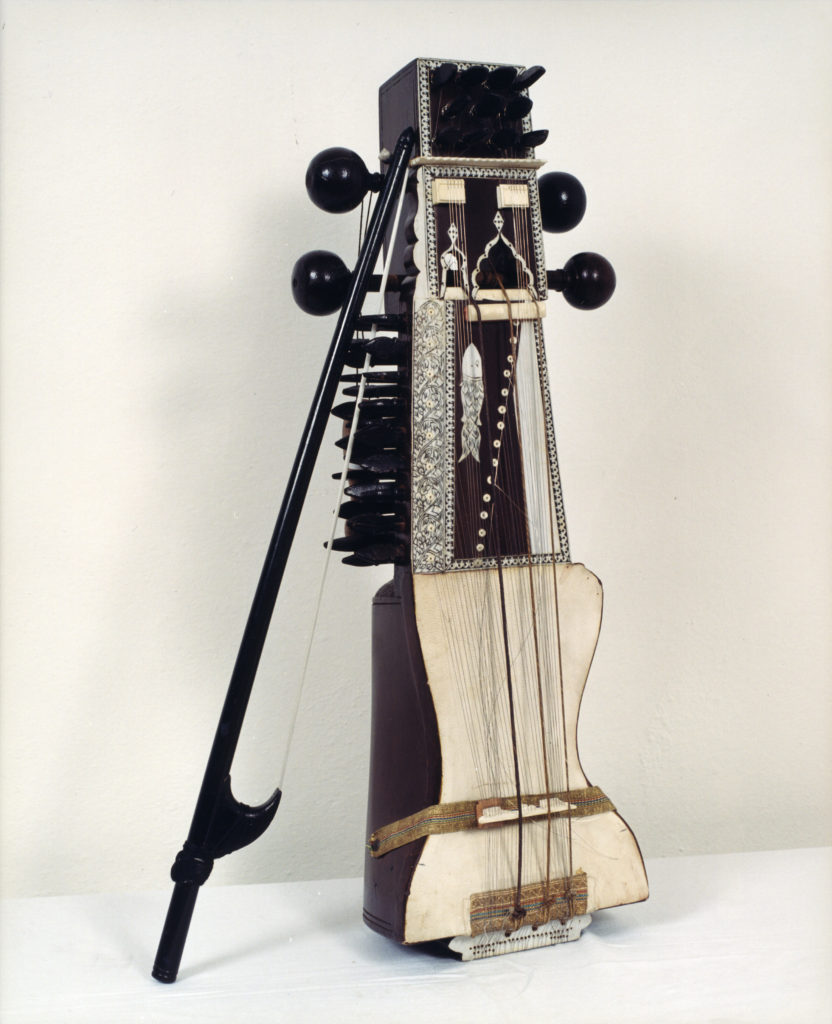
Conference Oral-Tradition Music as a Cultural Heritage
A fast-growing issue for Italian ethnomusicology, and for musicology as a whole, is the absence of the term “music” in the Italian cultural heritage code. Music is thought of and regulated only as live performance, while the protection and preservation of musical heritage is not contemplated in the Italian legal system. Hence the need for ethnomusicology, as a new discipline straddling musicology and demoethno-anthropology, to engage in defining music assets, be they material or intangible, also in the light of recent UNESCO legislation. This means recognising and defining what can be considered cultural heritage in the sphere of oral-tradition music, including audiovisual recordings and documentation, musical instruments, archives and knowledge handed down orally.
The Institute for Comparative Music Studies has invited various professionals to discuss these issues in order to gain recognition for musical heritage and the role of the “musicologist” within the Ministry of Cultural Heritage and Activities and Tourism: experts in the field of ethnomusicol- ogy; lecturers from the University of Bologna School of Specialisation in Musical Heritage and the University of Perugia School of Specialisation in Demoethno-anthropological Heritage; ethnomusicologists from the conservation agencies; and members of ministerial institutions responsible for managing musical heritage, such as the Istituto Centrale per i Beni Sonori ed Audiovisivi and the Museo Nazionale degli Strumenti Musicali.
